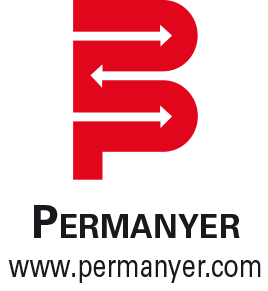The majority of deaths due to thyroid cancer occur in patients with advanced differentiated thyroid carcinoma (DTC) refractory to radioactive iodine. The spectacular advances in molecular medicine of recent years have opened new therapeutic possibilities. At present, there is general agreement that treatment with multikinase inhibitors should only be considered in patients with DTC refractory to radioactive iodine, with progressive and/or symptomatic metastatic disease that can not otherwise be treated locally. Most of these “new molecules” are multichannel inhibitors with varied action, which interact on different proteins such as: RET receptor, a protein located in the cytoplasmic membrane and with tyrosine kinase activity; BRAF, a member of the RAF kinase family that promotes signaling through the RAS-RAF-MAPK signal-transduction cascade; cKIT, a proto‐oncogene and a type 3 transmembrane receptor for MGF (mast cell growth factor, also known as stem cell factor); MET, a heterodimer composed of a 50-kDa highly glycosylated alpha-chain subunit and 145- kDa beta-chain; epidermal growth factor receptor (EGFR), mitogen-activated protein kinase (MAPK) and PDGFR (derived growth factor receptor of platelets). In addition, they have the additional advantage that they markedly prevent angiogenesis by acting on vascular endothelial growth factor receptors 1, 2, and 3. The prolongation of progression-free survival has been demonstrated with sorafenib and lenvatinib compared with placebo in two phase III trials. These two drugs have been approved by the FDA and the European Medicines Agency for use in patients’ refractory to radioactive iodine with metastatic disease.
|



